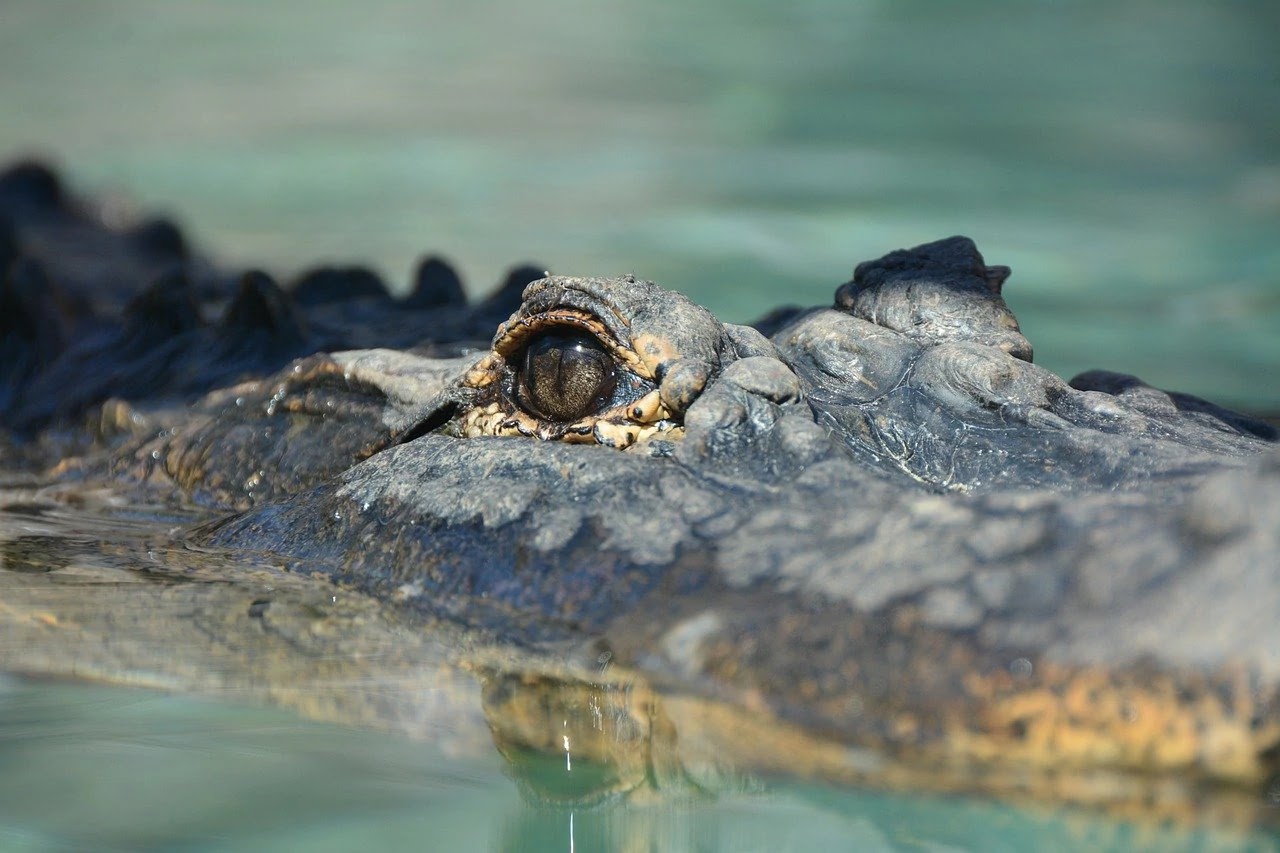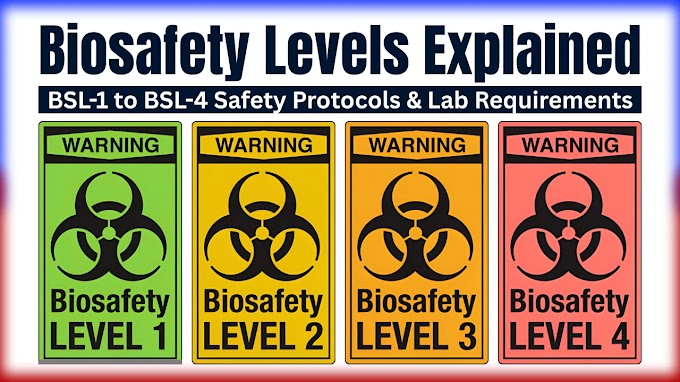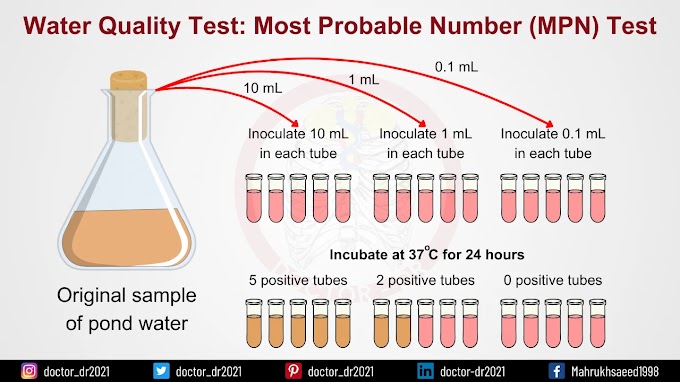Introduction:
Researchers from the University of Queensland (UQ) have developed a groundbreaking vaccine that offers protection against West Nile virus (WNV) for farmed saltwater crocodiles. This innovative vaccine not only safeguards the crocodile population but also holds significant economic and biodiversity benefits for northern Australia. The study, led by Dr. Jody Hobson-Peters from UQ's School of Chemistry and Molecular Biosciences, addresses the threat posed by WNV, particularly during high rainfall years, which can render crocodile hides unsaleable due to the development of skin lesions called "pix."
Preserving the Crocodile Farming Industry:
The prevalence of the local strain of WNV, known as Kunjin virus, has a detrimental impact on the commercial viability of the crocodile hide farming industry, which generates approximately $100 million annually. Up to 30 percent of crocodile hides can be affected by WNV infection, resulting in losses of around $10 million in a single year. Consecutive years of high rainfall could render the industry unviable and disrupt the current conservation model. Moreover, the crocodile farming industry contributes to Indigenous livelihoods and economic development in the Northern Territory and Far North Queensland, making its preservation crucial.
Promising Vaccine Development:
UQ's Professor Roy Hall and his team have developed a vaccine that demonstrates proven safety and efficacy in crocodiles. The vaccine is based on a benign virus called 'Binjari,' which was isolated from Australian mosquitoes. The researchers successfully induced a robust immune response in vaccinated crocodiles after administering two doses of the vaccine. The vaccinated crocodiles developed strong protective immunity against WNV, without viral replication.
Long-Term Performance Assessment:
The Australian Research Council has provided funding to UQ to collaborate with the Centre for Crocodile Research in evaluating the long-term performance of the vaccine. This collaboration aims to ensure the continued effectiveness and reliability of the vaccine in protecting crocodiles from WNV infection.
Preserving Biodiversity and Indigenous Communities:
Dr. Sally Isberg, the Director of the Darwin-based Centre for Crocodile Research, highlights that the farmed crocodile industry has played a crucial role in reviving the wild crocodile population over the past 60 years. Beyond economic implications, crocodile farming promotes sustainable practices and assigns an economic value to crocodiles, leading to increased tolerance and protection of their habitats by communities living near waterways. This, in turn, safeguards the habitats of other species co-existing with crocodiles, such as the brolga, jabiru, and long-necked turtle.
Commercialization and Acknowledgments:
To facilitate wider industry use, UQ is collaborating with Treidlia BioVet, an Australian veterinary vaccine company, to develop a commercial version of the crocodile vaccine. The contributions of the Australian crocodile industry and biotechnology company Vaxine Pty Ltd. are acknowledged in this research endeavor.
Conclusion:
The development of a vaccine to protect farmed saltwater crocodiles from WNV is a significant milestone that safeguards the economic viability of the crocodile hide farming industry while preserving biodiversity in northern Australia. The research conducted by UQ offers a sustainable solution that not only protects crocodiles but also benefits Indigenous communities and other species that share their habitats.








